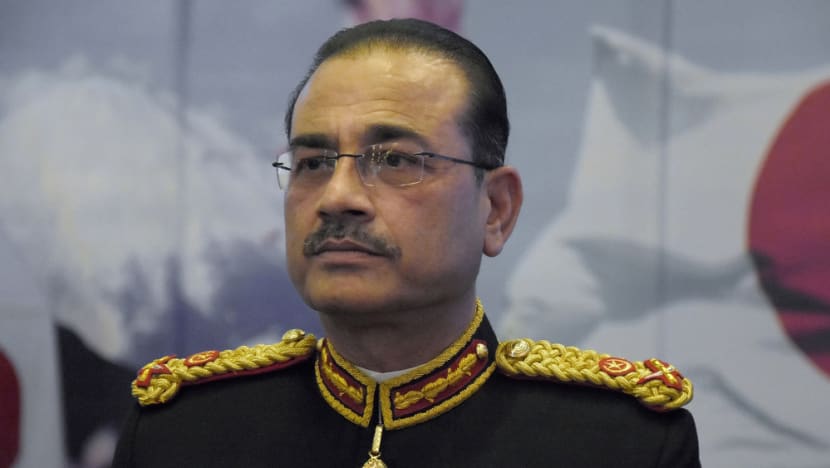

US President Donald Trump's recent hosting of Pakistan's Army Chief, Field Marshal Asim Munir, at the White House has reignited a long-standing dispute with India regarding claims of US mediation in a recent military conflict between the two nuclear-armed neighbors. The meeting, which took place on Wednesday, June 18, 2025, marks the first time in many years that a Pakistani army chief has been hosted by a sitting US president at the White House.
Trump's decision to host Munir comes against the backdrop of heightened tensions between India and Pakistan, following a recent military conflict. Trump has repeatedly claimed that he played a key role in de-escalating the situation and preventing a full-blown war, asserting that he "stopped the war between Pakistan and India." He credited both Munir and Indian Prime Minister Narendra Modi for their roles in bringing about a ceasefire. "This man (Asim Munir) was extremely influential in stopping it from the Pakistani side, and PM Modi from the Indian side," Trump stated.
However, India has vehemently denied Trump's claims of mediation, maintaining that the ceasefire was achieved through direct talks between the Indian and Pakistani militaries, without any third-party involvement. In a phone call with Trump on the sidelines of the G7 summit in Canada, Modi clarified that there was no discussion of US mediation during the conflict. Indian officials have emphasized that India has consistently rejected mediation and will never accept it.
The White House has offered a different perspective, with spokeswoman Anna Kelly confirming that Trump met Munir after the general called for Trump to be nominated for the Nobel Peace Prize for "preventing a nuclear war between India and Pakistan." This suggests that the perception of Trump's role in de-escalation is viewed positively, at least by some factions within Pakistan.
Trump's meeting with Munir also took place amidst escalating tensions between Israel and Iran. Pakistan's close ties with Tehran added further significance to the timing of the meeting, as Munir was expected to press Trump not to enter Israel's war with Iran and to seek a ceasefire. Pakistan's embassy in Washington represents Iran's interests in the United States, as Tehran does not have diplomatic relations with the US. Pakistan has condemned Israel's airstrikes against Iran, saying they violate international law and threaten regional stability.
The meeting between Trump and Munir has been interpreted as a potential shift in US-Pakistan relations, which had largely languished under both Trump and his predecessor, Joe Biden, as both assiduously courted India as part of efforts to push back against China. Some analysts believe that Trump's renewed interest in Pakistan may be driven by a desire to maintain influence in South Asia, particularly given the ongoing regional tensions.
The situation remains complex, with conflicting narratives from the US, India, and Pakistan. While Trump has repeatedly asserted his role as a mediator, India has firmly denied any third-party involvement. The meeting between Trump and Munir has further complicated the situation, potentially straining relations between the US and India while signaling a possible warming of ties between the US and Pakistan. The implications of these developments for regional stability and the broader geopolitical landscape remain to be seen.